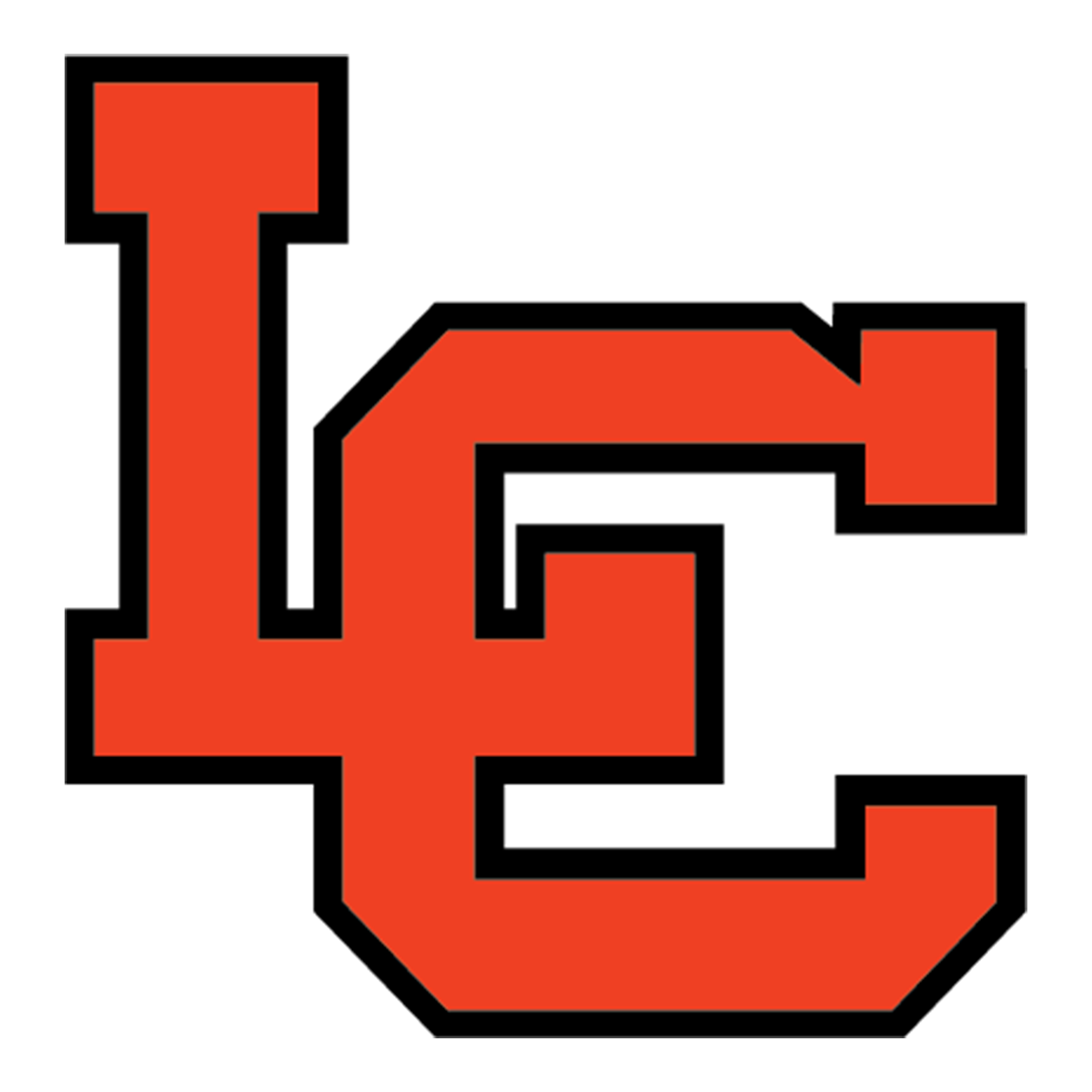Throughout February, we're speaking with SPS high school students who are engaged in their school’s Black Student Union to learn why they're involved and why it's important for our community to celebrate Black history.
At Lewis and Clark High School, we sat down with senior Lucas Cahow (center) who was born in the United States and grew up in Bolivia, where his mom is from, before returning to the U.S. about five years ago; junior Sarah Adewale (right), whose parents are from Nigeria and was born in Spokane; and junior Anjali Richards (left), who was born in Miami, Florida, with parents who are immigrants from Jamaica.
Why is it important for you to be a part of Lewis and Clark’s Black Student Union?
Anjali: It’s important for me because I want to advocate for voices that aren't usually heard in ASB, and to promote change.
Sarah: For me, it was really about finding my community and finding people who look and speak and act like me, which was kind of hard in my middle school and my elementary schools here. I spent most of my time being the only black person, but I came here and I met people like Anjali. In BSU, I found people who we can talk about the hard things, but also still have fun.”
Lucas: I love working on the projects that we do, like the MLK con. That was so much fun and contributing to that and making sure that it was a good representation of who the person was, what the day is, what it means. The upcoming Multicultural Fair is another thing that we're working on. Just being able to uplift voices and making sure that Lewis and Clark diversity is shown and celebrated.
What aspect of your cultural heritage and identity are you most proud of?
S: It's definitely a multitude of things. All of our cultures are so diverse and I don't think we could pigeonhole them into one thing. I'd say just like starting off the music, the food, the dancing, the parties, the fun…
A: [laughs] You stole all my stuff.
S: In Nigeria, there’s a bunch of different cultures, it’s kind of a hodgepodge. My family is Yoruba and our culture is really known for the music. We speak English there and we speak the Yoruba language too, so we have this really good fusion of these two cultures in a way that produces a really fun, lively time.
A: Like Sarah said, the music and food are big. Jamica has some famous foods, like jerk chicken. What else … Bob Marley. It’s the unique things that come from Jamaica that make me proud. The accent too, Patois.
L: Dancing, that's something that we do a lot, a lot, a lot in Bolivia and definitely not here in the US as much. So, whenever I'm hanging out with my Latino friends – it's so cool. I love it so much. Just because it doesn't happen over here. If I put on some Salsa or Bachata here, people look like, ‘What is that?’ [laughs]. I do it with my Latino friends and we just all start dancing and singing and it's awesome. It feels like home.
What do you want people in your school our community, and the rest of the world to know about Black and Latino youth today?
L: That Latino and Black culture is just as beautiful and amazing as any other culture, and we can celebrate it together.
S: The culture is so big and I think it's so broad, especially with how many different cultures there are in all the South American countries and all the country in Africa, and even the people who grew up here and their experiences – all of them together, that really creates a different culture. And I think other people being able to see that can really educate them. We are like you, we are Americans, but we're a little different. We have the different thing going on here.
A: Yeah, and there's a lot of different subsets in each culture. Not all Black people are the same, not all Latinos are the same. I think it's good to know that we're all American, but we all have some differences.
S: It's hard. Of course it's hard, living in a predominantly white space like America, but it's still fun. Sometimes it's easy to just focus on the things that are hard, but we have fun, we have fun together in the BSU, and that really keeps us going.
Why do you think it's important for people living in our country today to observe Black History Month?
S: Education. In America right now, there's a lot of like just ignorance going on that can only be fixed with education. And I think a lot of people hide behind their ignorance. At some point, it is your job to get educated, and that's what Black History Month gives an opportunity to do. We talk about different people. And we can really bring up aspects of our culture, like the music and the food and the fun through Black History Month.
L: And it’s important that we’re learning from our history and making sure that we're doing better today than we did yesterday and than we did 50 years ago, and 100 years ago. That we’re always improving and that we never repeat and just always be aware.
S: It’s more important than ever now, it's time to learn. There are no excuses.
A: I think it's important to learn from what we've seen in the past and grow from that, and I think it's important for people to know that not all people are like them, so they can respect other people and acknowledge their cultures.

